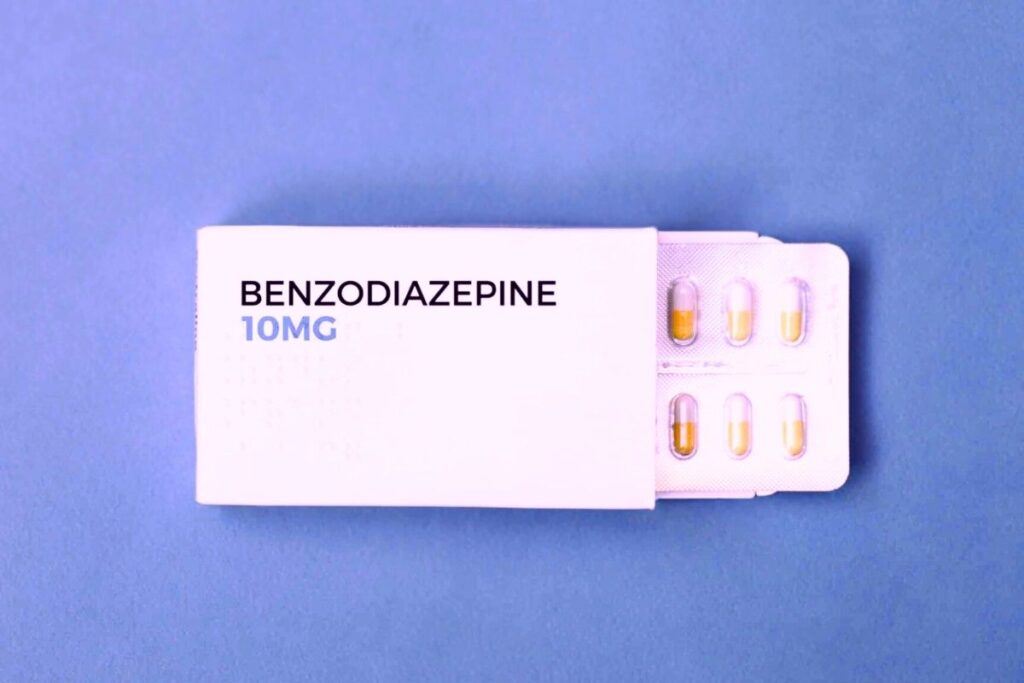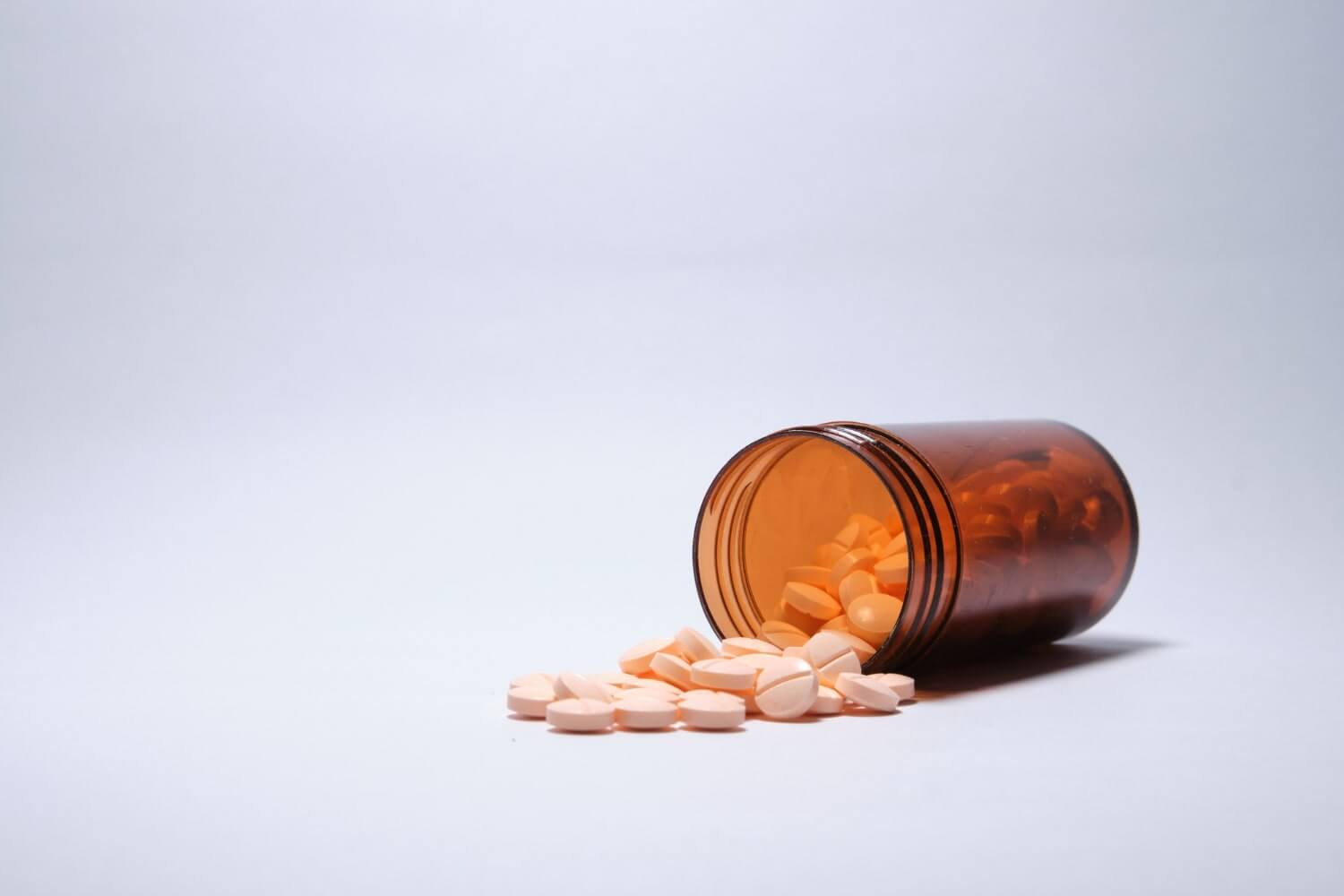What Is Trazodone?
Trazodone is a medication primarily prescribed for treating depression. It belongs to a class of drugs known as serotonin modulators. While its primary use is for depression, it’s also sometimes prescribed to treat insomnia due to its sedative effects.
Trazodone works by affecting the levels of serotonin, a neurotransmitter in the brain. This mechanism contributes to its antidepressant and sleep-inducing properties. However, like any medication, trazodone can have side effects, and in cases of overdose, these effects can become severe.
Can You Overdose on Trazodone?
While trazodone is generally considered a safe medication when taken as prescribed, overdose is a possibility. Overdosing on any medication can be dangerous, and trazodone is no exception.
Factors such as the amount ingested, individual sensitivity, and whether the trazodone is combined with other substances can influence the severity of an overdose. It’s crucial to always follow your doctor’s prescribed dosage and avoid mixing trazodone with alcohol or other depressants.
Trazodone Overdose Symptoms
Trazodone overdose can have serious consequences, and it’s crucial to recognize the signs and symptoms promptly.
- Physical Symptoms:
- Extreme drowsiness or sedation
- Dizziness and loss of balance
- Nausea and vomiting
- Rapid or irregular heartbeat
- Seizures
- Difficulty breathing or respiratory depression
- Priapism (prolonged, painful erection)
- Cognitive Symptoms:
- Confusion and disorientation
- Hallucinations
- Memory loss
- Difficulty concentrating
- Other Symptoms:
- Low blood pressure
- Coma
Risk Factors for Trazodone Overdose
Several factors can increase the risk of a trazodone overdose:
- Combining with Other Medications: Taking trazodone with other medications that depress the central nervous system, such as alcohol, benzodiazepines, or opioids, can significantly increase the risk of overdose.
- Underlying Medical Conditions: Individuals with liver or kidney disease may be more susceptible to the effects of trazodone and have an increased risk of overdose.
- Mental Health Conditions: People with depression or other mental health conditions may be at higher risk of overdose, especially if they are experiencing a severe depressive episode.
- Accidental Overdose: Children and elderly individuals are at increased risk of accidental overdose if trazodone is not stored properly.
Signs of a Trazodone Overdose:
- Severe drowsiness or sedation
- Difficulty breathing
- Chest pain
- Seizures
- Confusion or disorientation
- Hallucinations

How Much Trazodone Does It Take to Overdose?
Determining a precise amount of trazodone that constitutes an overdose is challenging, as individual sensitivity, body weight, and other factors play a role. However, exceeding the recommended dosage significantly increases the risk of overdose.
It’s important to emphasize that even taking a slightly higher dose than prescribed can lead to adverse effects. Combining trazodone with other depressants, such as alcohol or benzodiazepines, further elevates the risk of overdose.
Is Trazodone Addictive?
While trazodone is not typically classified as a highly addictive substance like opioids or stimulants, it can lead to dependence. This means that your body can become accustomed to the medication, and stopping it abruptly can cause withdrawal symptoms.
It’s important to note that dependence and addiction are different. Dependence refers to the body’s physical reliance on a substance, while addiction involves compulsive use despite negative consequences. While trazodone dependence can occur, addiction to trazodone is less common.
Prevention and Safety
Preventing trazodone overdose requires a combination of education, responsible medication use, and awareness.
- Follow Prescribed Dosage: Always take trazodone as directed by your healthcare provider. Avoid increasing the dosage without medical advice.
- Store Medication Safely: Keep trazodone out of reach of children and pets.
- Be Aware of Interactions: Inform your doctor about all medications, including over-the-counter drugs and supplements, you are taking.
- Seek Immediate Medical Attention: If you suspect a trazodone overdose, call emergency services immediately.
- Educate Others: Inform family and friends about the risks of trazodone overdose and how to recognize symptoms.
Conclusion
Trazodone can be an effective medication when used as prescribed, but it’s essential to be aware of the potential risks associated with overdose and misuse. By understanding the symptoms of overdose, recognizing the risk factors, and following your doctor’s guidelines, you can safely use trazodone.
If you or someone you know is struggling with trazodone addiction or experiencing overdose symptoms, it’s crucial to seek immediate medical attention.
River Rocks Recovery offers comprehensive treatment programs for individuals struggling with substance abuse, including medication misuse. Our experienced team provides compassionate care and evidence-based treatment to help you on your path to recovery. Don’t let addiction control your life. Contact us at: (888) 905-6281 or fill the contact form to learn more about our addiction treatment programs and how we can support you or a loved one on the road to recovery.
FAQs About Trazodone Overdose and Safety
What is trazodone used for?
Trazodone is primarily prescribed for depression but is also sometimes used to treat insomnia.
How does trazodone work?
Trazodone affects the levels of serotonin, a neurotransmitter in the brain, which helps regulate mood and sleep.
Is trazodone habit-forming?
While trazodone can cause dependence, meaning your body adjusts to the medication, it’s less likely to be addictive in the same way as other substances.
What are the common side effects of trazodone?
Common side effects include drowsiness, dizziness, dry mouth, and weight gain.
Can trazodone cause erectile dysfunction?
Yes, trazodone can affect sexual function in some people.
What are the signs of a trazodone overdose?
Signs of overdose include severe drowsiness, difficulty breathing, chest pain, and confusion. If you suspect an overdose, seek medical attention immediately.




























